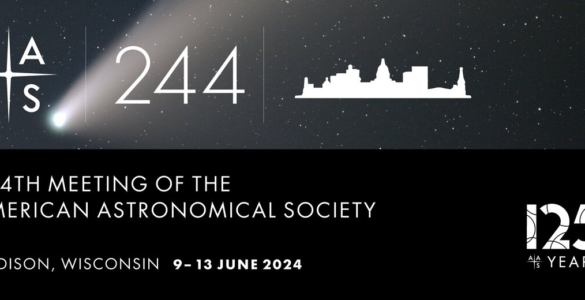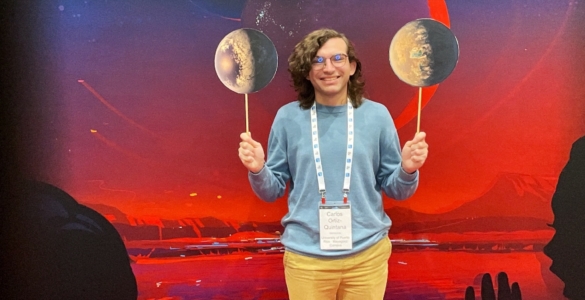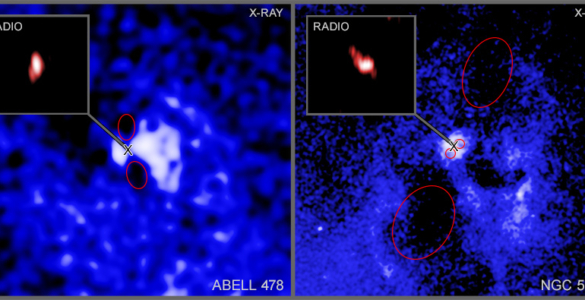Latest NRAO News
News is managed by NRAO News & Public Information. Questions about News? Have a story to share? Want to interview a scientist or create new media about our telescopes?

The American Astronomical Society (AAS) will hold its 244th Meeting June 9 – 13 in Madison, Wisconsin. The National…

For centuries, humans have looked to the skies to solve the mysteries of the Universe. By measuring radio waves,…

Carlos Ortiz Quintana, an alumnus of the National Astronomy Consortium (NAC) at NRAO, has been awarded a five-year fellowship…

Huge black holes are firing powerful beams of particles into space — and then changing their aim to fire at new targets.

In the United States, only 1 child in 5 has seen the Milky Way. With the growth of outdoor…
Eighteen high school students receive award for academic achievement, community involvement and leadership skills Below are the recipients of…





